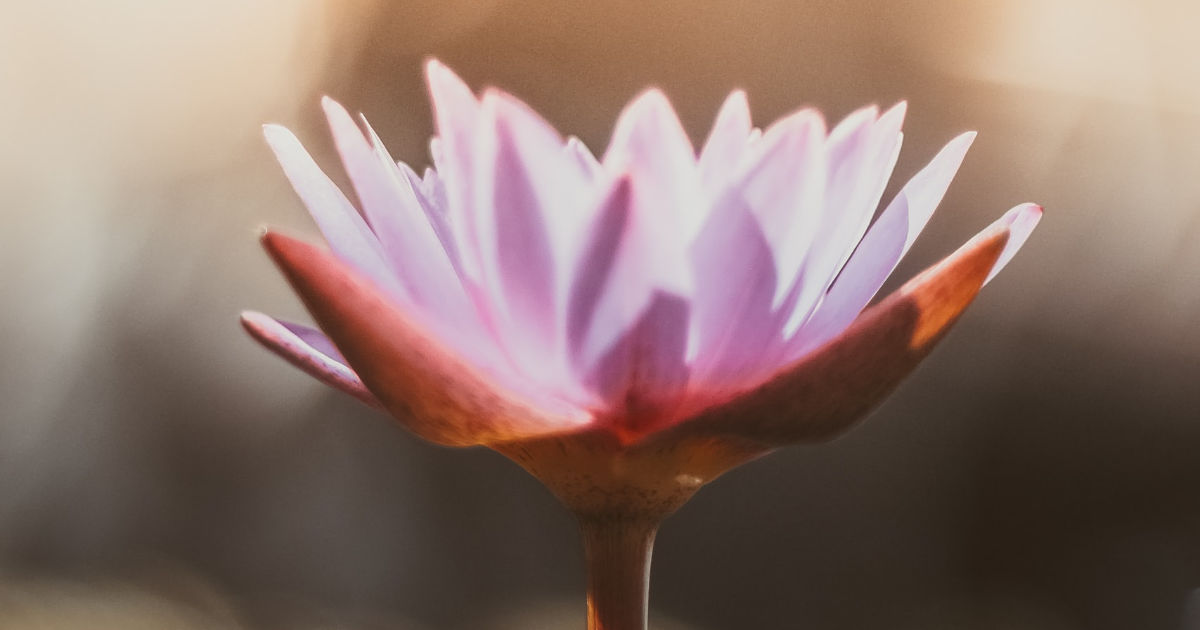During the first stage of Ajapa japa, one introspects upon So with ingoing breath and Ham with outgoing breath. Now in the second stage, the process is reversed. Continue reading
Tag Archives: Awareness
558 – The dust of the feet
To fulfil our dreams. A visualization of Maha Shakti.
Close your eyes. Sit straight. Chant Aim Hrim Klim three times. Breathe in and out of your left nostril and then breathe in and out of the right nostril. You are clearing the Ida and Pingala nadis. Now breathe in and out of both nostrils so that the Sushumna can flow. Be still. Continue reading
556 – Negative 4 traits to positive 4 qualities
What are the negative four traits? They are the characteristics which we all have. They are ignorance, greed, anger and delusion. The positive four qualities are based on stability, physical, emotional, mental and spiritual, and the conversion happens through some simple yogic practices. Continue reading
554 – Brahmari Sadhana
Transform yourself
Brahmari Sadhana is the practice of Brahmari pranayama, with the mantra Soham. In Sanskrit Brahmari is bee, and the pranayama is akin to a bee humming. It comes from the humming sound made while exhaling. Brahmari pranayama is the life-force that vibrates the whole brain by control of the pituitary gland. The pituitary gland is the master of all glands at the bottom of the brain that controls the entire nervous system. Continue reading
551 – Butterflies can’t see their wings
Butterflies can’t see their wings. They can’t see how truly beautiful they are, but everyone else can. People are like that as well. – Anonymous
Behold the joys of beauty. Admire the brilliance of the diamond in the darkest coal mine. Look at the luster of the eyes in the ugliest face. To one blessed with insight, whatever s/he sees is touched by the divine painter, who expresses himself in such infinite and ineffable beauty. – Swami Sivananda
533 – Are We Needy?
What are our basic needs? Food, water, shelter, clothing, sunlight and sleep. Abraham Maslow was an American psychologist who created the Maslow’s hierarchy of needs. His description is given below. The first is physiological needs, second is safety and security, third is love and belonging, fourth is self-esteem and last is self-actualization. Continue reading
522 – Take a mental selfie
What is a mental selfie? A mental selfie is as you wish to see yourself. A beautiful self. What is a beautiful self? A beautiful self is when your face is lit up with love and kindness. How is that to happen? My dear ones, you will have to read a little more to understand. Continue reading
519 – Reduce our carbon footprints
I have a confession to make my dear ones, I write about the environment and yet I am not completely aware of Mother Earth and the carbon footprints I leave.
I read over the weekend a report about coffee, water and new clothes. I have been feeling guilty ever since. I try my best but I am failing. You must be wondering what this is about? Continue reading
501 – Practice Atmabhava every day – Part 2
Yesterday I wrote about the daily practice of atmabhava and making it a part of our life. I also wrote about the different days of the week dedicated to the Gods. The point I am making is that we must be aware of God’s presence all the time. Many of us by fasting, only remember the specific God, because we desire something. The point here is fasting is good, it purifies one only if we have unconditional love for the divine. There is to be no expectations. The outcome is the divine is all knowing and without demanding, one’s wishes are fulfilled. Continue reading
473 – How do we interpret Awareness?
Is it possible to become aware by the daily practice of Asanas and pranayama? When we have finished our sadhana, do we rush off into our daily life activities? Do we snap at our children, dogs, partner and our colleagues? Do we feel empathy for someone who is not able to perform a task properly? There are so many daily issues and how do we react to them? Continue reading
469 – Individual or collective consciousness
What is consciousness? Consciousness is your individual awareness of your unique thoughts, memories, feelings, sensation and of the environment. The complete meaning of consciousness is your awareness of yourself and the world around you. Continue reading
464 – The flame of the lamp
Is it steady or is it wavering? When one meditates with a lighted lamp, it plays a lot of games with one. Sometimes the light whooshes and wavers from side to side, or it consumes the wick. Often one keeps lighting it and it does not light. Continue reading
453 – Science of Sound
In ancient times words and music were used to attain an altered state of mind. Music was an aid to develop the mind, spirit, emotions and sensitivity. In this modern age, different forms of music have developed. Until recent times music was used to tranquilize the agitations of the mind. – Swami Niranjananda Saraswati.
In the beginning was Brahman with whom was the Word. And the Word is Brahman. Vedas.
In the beginning was the word and the word was with God and the word was God. – New Testament, The Gospel of St. John.
Hinduism and Christianity agree that in the beginning was the Word. There are many sounds: the sounds of the Cosmos, Primal Vibration, the Logos, the Music of the Spheres, the Word, the Tone and many more. All of these are included in the Sanskrit term Aum. Continue reading
414 – Showers of Samadhi
410 – Above awareness is Samadhi
Do we understand the meaning of this word? It is used so liberally and also in fun. In India, while growing up, as children we would describe an inattentive person as being in samadhi. The actual meaning is the culmination of Hatha Yoga and Raja Yoga. Continue reading














